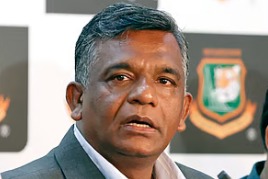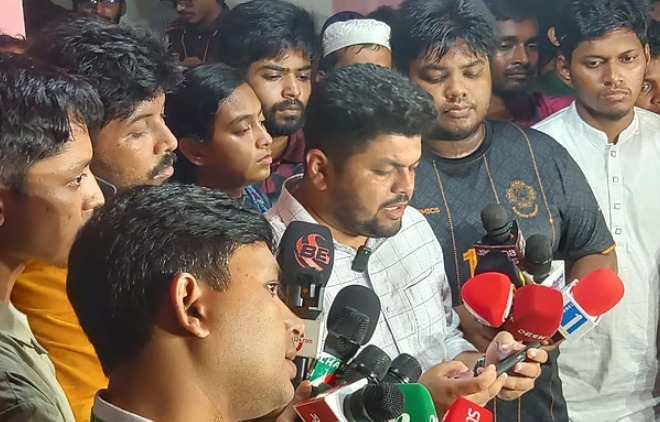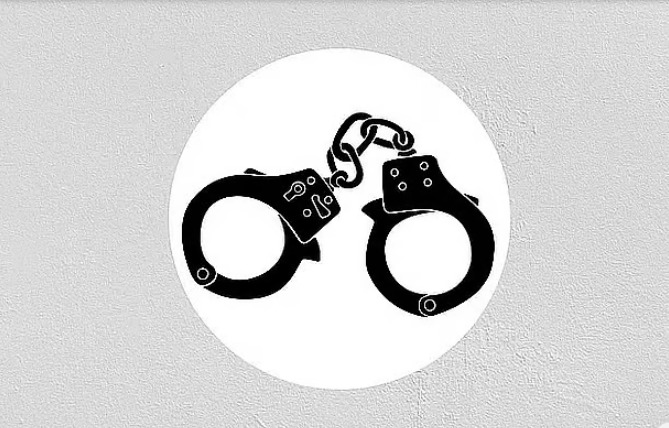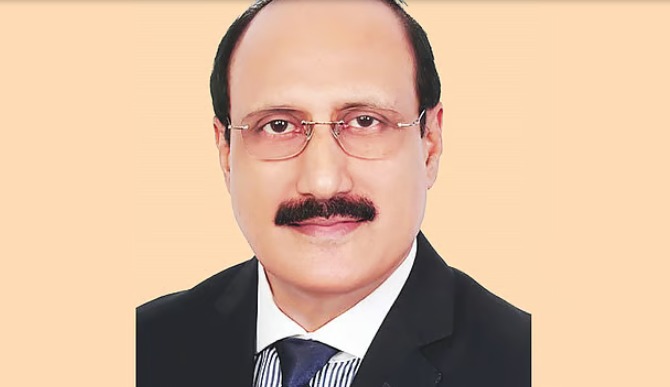Desk Report,
“The things I do now are not really the president’s job.”
Aminul Islam became the BCB president as a director nominated by the National Sports Council (NSC). Everyone thought that he would step down with the BCB elections next month. But now Aminul himself is interested in running for the election, and is also getting the government’s support. In an exclusive interview given to Prothom Alo at the BCB office yesterday afternoon, the former national team captain spoke about his thoughts on the election and his experience as BCB president in the last three months. Aminul Islam: I used to play, watch games. However, I was always outside the circle that the cricket board had. Watching the country’s cricket from the outside, criticizing, giving advice – these were my main jobs then. Later, when I entered the circle, it seemed like everything was mine or ours. After taking over as president, I created a charter. I am working within that charter. If for some reason I go outside it, I will go off track. I feel that some things were missing in Bangladesh cricket or maybe they were, but for some reason the continuity was not maintained. I am able to do those things after coming to the board.
A committee was in charge of the BCB for many years. After August 5 last year, a new committee came. After taking charge, I felt that there was a huge void in three-four places in the cricket board. Number one is that the structure or organogram of an organization is massively missing. The way cricket in the country should have been spread or the way cricket should have been brought up, the culture of cricket needed to be expanded, was not happening or was being lost. Understanding the cricketers, talking to them, giving them confidence—it seemed like everything had to be prioritized. I was surprised when Shanto (Nazmul Hossain) gave up the captaincy during the Sri Lanka tour. Then Bangladesh lost the second Test. I could not understand why the responsibility for all this fell on me. My job is to look after all the departments of the board, maintain the overall policy. But when the team loses, why does the responsibility fall on me, and when it wins, why should the president alone be given the credit for that success! I was shocked to see this culture. Still trying to adapt. It seems that these are perhaps a part of our cricket culture.
“The things I do now are not really the president’s job.”
(Laughter) I remember, on the first day, I said that I had come to play a ‘quick T20 innings’. Where I worked, the ICC, they also thought or my family also thought that I had come here for a short time, so that the elections would go well. But while preparing for the elections, I saw that Bangladeshi cricket was more important than the elections. I came to the board as a councilor of the National Sports Council (NSC). I was also given instructions from there and I also felt that maybe I should stay here for a few more days to continue the work that I was doing. But it was not easy to take the decision. Because, there is a bigger challenge in working for a long time than working for a few months. There may be family challenges, there may be financial challenges. Still, I changed my decision so that I could leave the work a little further for the needs of the country’s cricket. I want to give more time to Bangladesh cricket. But the government has representatives in Cricket Australia, as in all countries. The process we have now, where you come as a councilor and automatically become a board director; that may not be the case. However, the cricket board is a part of the government, the relationship between the cricket board and the government is very important. When international cricket takes place in Bangladesh, it requires government support and funding. The BCB’s constitution states that two councilors from the NSC can come and become directors directly; we respect this. The ICC is also very serious about their constitution. Sri Lanka was banned for a while a few days ago. Nepal was banned for four years. Each country’s cricket board has its own constitution. For example, in Pakistan, the president of the cricket board comes directly from the Prime Minister’s office. The ICC takes action if there is a deviation in that place.
A committee was in charge of the BCB for many years. After August 5 last year, a new committee came. After taking charge, it seemed that there was a huge vacuum in three or four places in the cricket board. Number one is that the structure or organogram of an organization is massively missing. The way cricket should have been spread or brought up in the country, the culture of cricket needed to be expanded, was not happening or was being lost. Understanding the cricketers, talking to them, giving them confidence—it seemed like everything had to be prioritized. I was surprised when Shanto (Nazmul Hossain) relinquished the captaincy during the Sri Lanka tour. Then Bangladesh lost the second Test. I couldn’t understand why the responsibility for all this fell on me. My job is to look after all the departments of the board, to maintain the overall policy. But when the team loses, why does the responsibility fall on me, and when it wins, why should the president alone be given the credit for that success? I was shocked to see this culture. Still, I am trying to adapt. I feel like these might be a part of our cricket culture.




